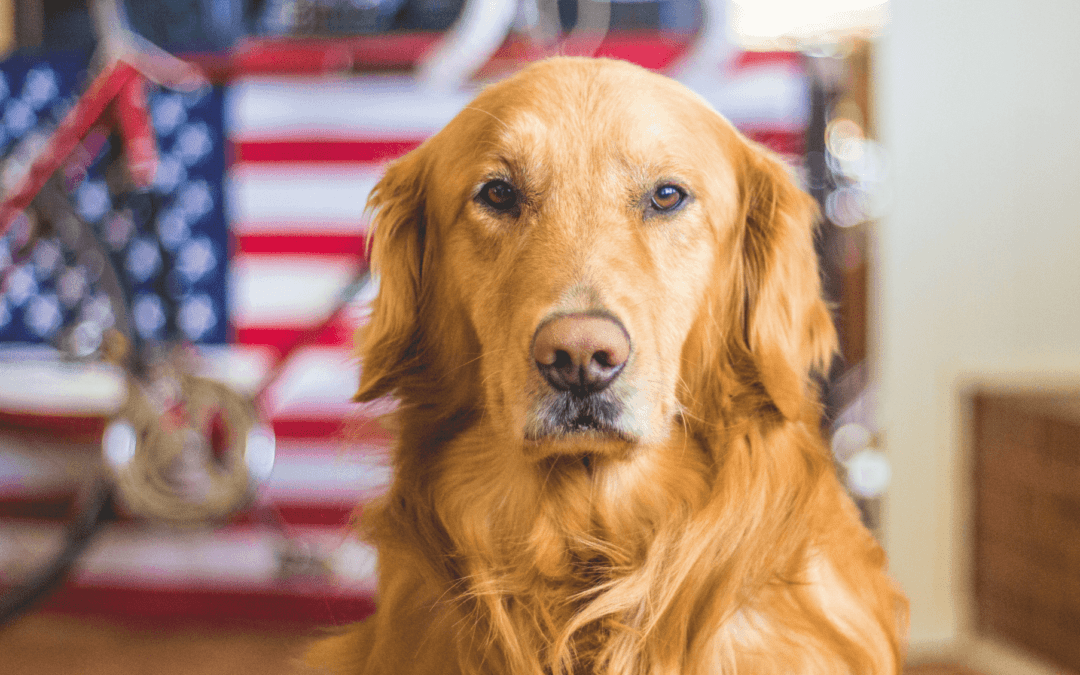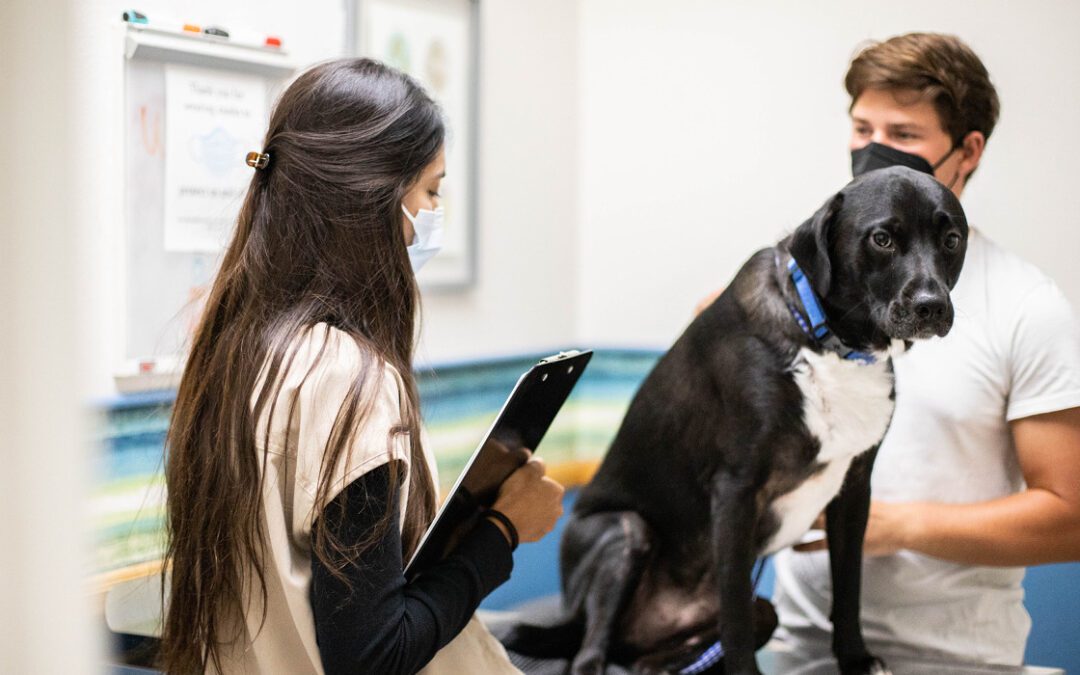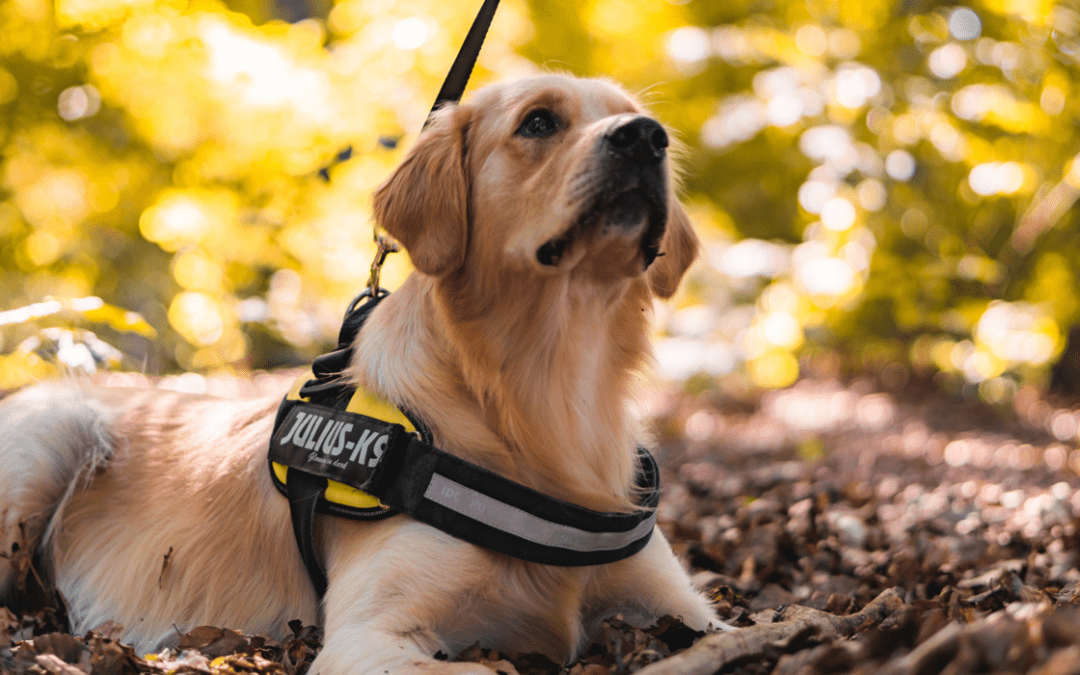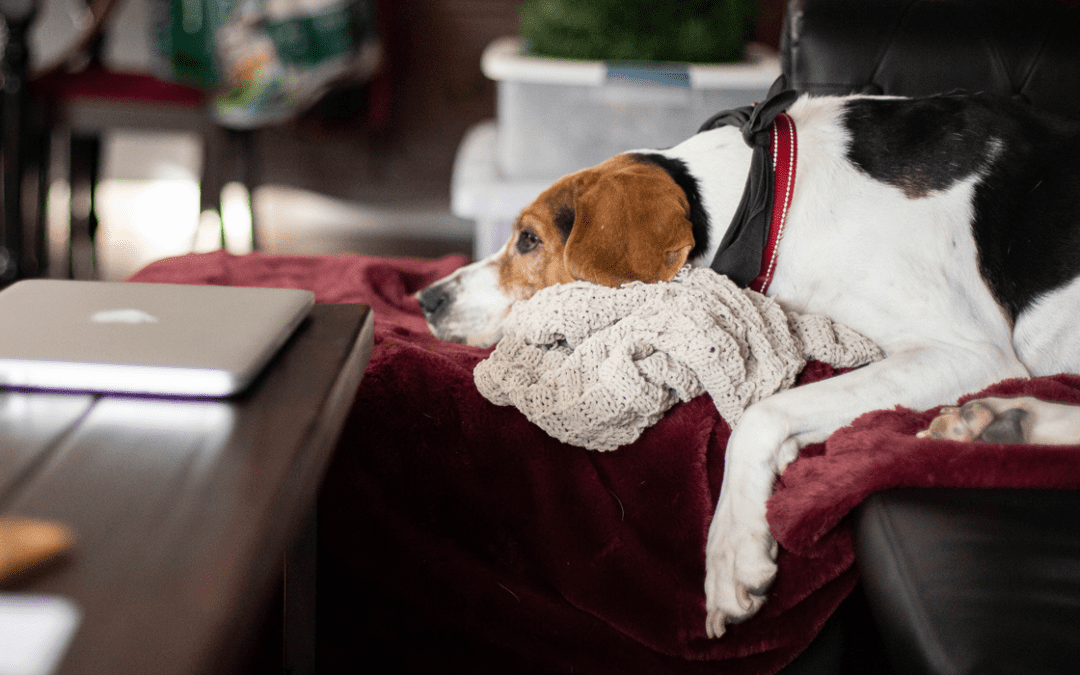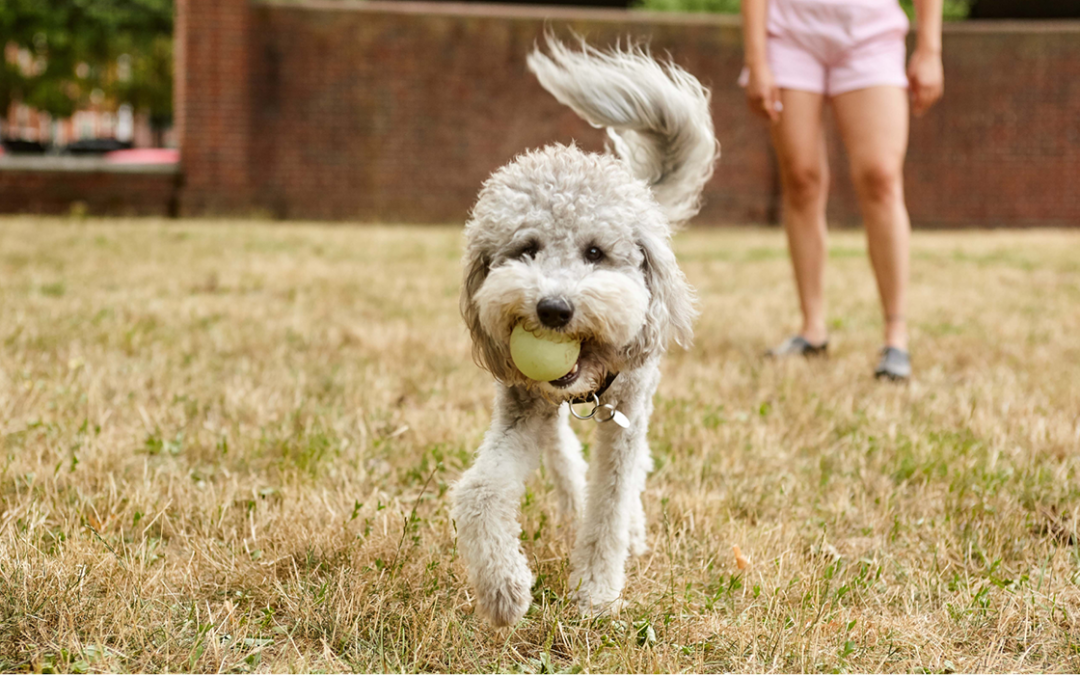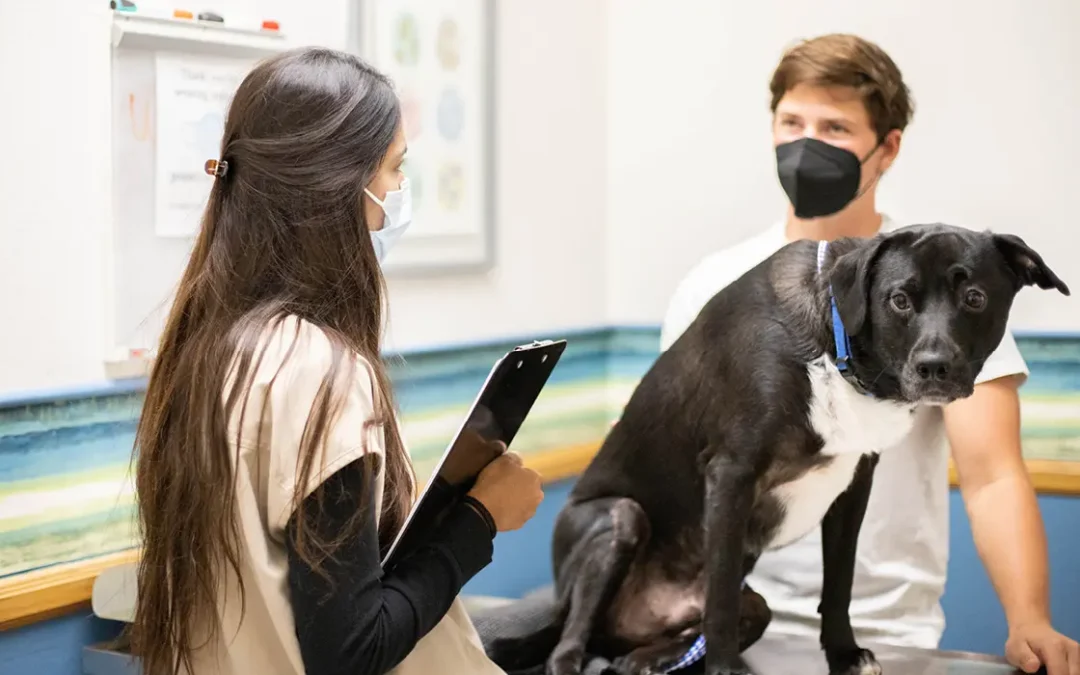Fourth of July for us means barbecues, swimming, fireworks, and family fun. This is is one of our favorite summer holidays to share with the family, but for your fur babies, this holiday can be terrifying for them.
A study by PetAmberAlert.com found that 30% more pets go missing between July 4th and July 6th than any other days throughout the year. With fireworks, family parties, and other disruptions to their everyday routines, pets may become disoriented, fearful, or anxious.
As a pet parent, what can you do to ensure that your pets are safe and sound?
We’ve compiled a few tips to help ensure that your pets are safe during this summer holiday:
1. Ensure All Contact Information and Microchip Data is Up to Date
Pet parents rarely think about updating their contact information on their pet’s collars or microchip once they set it.
If you’ve recently moved or changed phone numbers, now would be a good opportunity to update that information to make sure that someone can get in contact with you in case of an emergency.
If you don’t already have a microchip, ask your veterinarian if they could administer one before the holidays. Double checking the contact information on their collar and making sure that it’s secure is a good precaution to take.
Make sure that you have a current picture of your pet and their microchip data accessible to you and your veterinarian. The PetDesk app is a great way to keep all of this essential data in the palm of your hand, so if there ever is a scenario that your pet gets lost, you can easily share their microchip data with any shelters or veterinarians nearby.
2. Make Your Pets as Comfortable as Possible
We suggest bringing anxious pets indoors before fireworks and festivities start for maximum safety.
If you can, bring them into an area that they’re the most comfortable in, such as a living room or a familiar bed.
If your pet is strictly an outdoor pet, make sure that all gates and enclosures are securely closed and there’s no holes or cracks they can squeeze through.
If it’s possible to drown out the sound of fireworks or anything else that may make your pets anxious, do it!
We suggest leaving a television on or a talk show radio so your pet feels as if people are home.
Other than that, don’t make a big fuss about the holiday. Go about your day as if nothing is different, as most pets thrive on routine
3. Be Aware of the Temperature
Depending on where you are in the country, temperatures can reach past the triple digits during this time of year.
If you’re celebrating outdoors with your furry friends, make sure to keep an eye on the temperature and signs of dehydration in your dog.
Try to find a dirt path or a grassy area to walk instead so their paws don’t get burnt on the concrete. If you have to walk on concrete, test the concrete yourself before bringing your pup out for a walk. Touch it with the back of your hand – if it’s too hot for you, it’s too hot for them.
Limit heavy activity during the hotter parts of the day and always provide your pets with fresh water so they can stay hydrated. This can help prevent overheating and dehydration out in the summer heat.
In the case that your dog is exhibiting signs of dehydration, be sure to always have your vet’s info or the number for a 24-hour emergency clinic on hand so they can help you in case of an emergency.
4. Discuss Anxiety Remedies With Your Veterinarian
If you know your pet is anxious during thunderstorms or other loud noises, consider speaking with your vet before the holiday season.
There are many different remedies that can be administered, such as medications, homeopathic solutions, or vests to help mitigate anxiety.
Talk with your doctor to find the right fit for your pet, and be sure to order your medications before the holidays.
5. Avoid Sharing Table Scraps
While there may be a lot of tasty foods on the barbecue you want to share with your pet, avoid sharing table scraps with them.
There may be many people around also trying to feed your pet, and you don’t want to have them over-indulge on holiday treats.
If you would like to share some food with your pet, make sure there isn’t too much seasoning on it or any bones they can potentially choke on.
Mix the treat in with their regular food, so they don’t get used to being fed under the table.
This can teach them how to beg, which is a bad habit that you don’t want to further encourage.
Here is a list of foods that you can share with your dog this 4th of July:
- Watermelon (with no seeds or rinds)
- Cantaloupe (with no seeds or rinds)
- Blueberries
- Peeled Mangoes
- Cooked meat (no sauce, seasonings, or bones)
- Carrots
- Broccoli
Some foods that can be dangerous for your pet if consumed:
- Grapes or Raisins (can cause poisoning in dogs)
- Poultry Bones (Can cause a choking hazard)
- Shell-on Shrimp (can cause a choking hazard)
- Cherries (Pit contains cyanide and can be toxic)
- Onions and Garlic (Both are toxic for cats and dogs) [/one_half_last]
6. What To Do If You Find A Lost Pet
If you find a pet running loose, don’t panic!
They’re most likely frightened and lost. Be aware that they may be sick, hurt, or anxious, so they may not react in a positive manner.
Capture them with care by luring them with treats and soft voices. If you take them into your home, make sure they have their own safe space away from your regular pets.
Here are a few tips on how to connect with their families:
- Check for a collar with contact information
- Post pictures in neighborhood social media groups or forums
- Post flyers around the area you found them with your contact information
- Get the pet scanned for a microchip at a local animal shelter or veterinary clinic
- If no information is available, take them to your local animal shelter
We hope these tips help you have a fun and safe Fourth of July for everyone in your family. Have a happy Independence Day from all of us at PetDesk!

